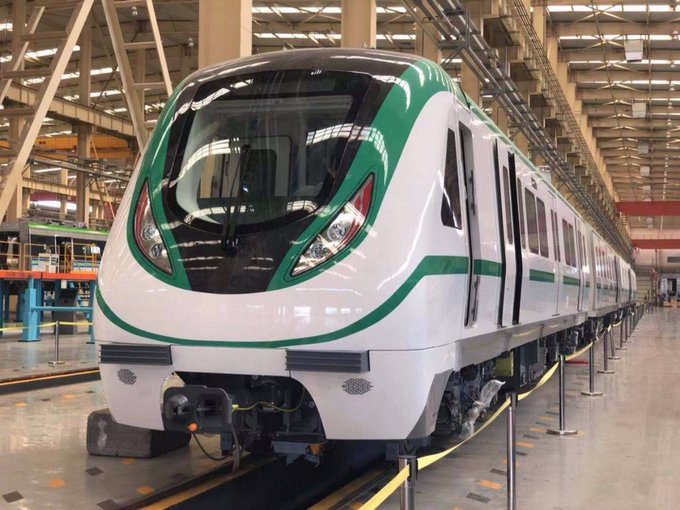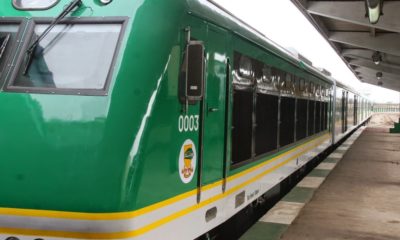In the search for a bidder for Lagos-Ibadan and Warri-Itakpe Standard Gauge railway lines, the Nigerian Railway Corporation (NRC) has shortlisted five companies for the next selection stage of the e-ticketing Public-Private Partnership (PPP) frameworks.
The rail agency selected two firms for the Lagos-Ibadan rail line while the other three were chosen for Warri-Itakpe rail line.
The five shortlisted bidders have been asked to submit their technical and financial bids for the provision of e-ticketing solutions.
The Director of Procurement of NRC, Mr Ben Iloanusi made this known during the Request for Proposal exercise in Lagos on Monday.
The selected companies include– Euhoria Press Ltd. and Paragon and Global Software Digital Solutions Ltd. for the Lagos-Ibadan rail line while the other three are– Fane International Consult Ltd., Turnaround Engineering Ltd. and Electronic Payplus Ltd., shortlisted for Warri-Itakpe rail.
Iloanusi stated that NRC had issued Requests for Proposal (RFP) to the companies as this would analyse the technical solution and reveal the financial strength of the bidders.
Investors King recalls that the Nigerian Railway Corporation, last year November stated that it received 24 bids on open requests for the Lagos/Ibadan and Warri/Itakpe e-ticketing solutions for standard gauge railway operations under its PPP system.
While 11 companies bid for the Lagos-Ibadan e-ticketing operation, 13 companies bid for Warri-Itakpe e-ticketing standards gauge operation.
Having passed through the first stage of the two bidding stages– request for qualifications which is the opening of the bids and request for proposals where bidders would submit financial and technical bids, 5 out of the 24 companies qualified for the next stage.
The Director of Infrastructure Concession Regulatory Commission (ICRC), Emmanuel Onwodi explained that the two-stage process is done to select a preferred bidder that would go into partnership with the federal government to deliver the e-ticketing solution.
Onwodi stated that the federal government has not commenced the evaluation of the bidders. “The government is willing to find out if all the requirements such as soft copies of their proposal, three years audited statements, power of attorney, and all documents were written in English to make the interpretation easy.
“What we have done before now is the Request for Qualification (RFQ) at the end of the exercise, we have pre -qualified five firms and we have issued them request for proposals, meaning that they have been asked to submit their technical and financial bids,” he said.

 Forex2 weeks ago
Forex2 weeks ago


 Naira1 week ago
Naira1 week ago
 Naira4 weeks ago
Naira4 weeks ago
 Company News4 weeks ago
Company News4 weeks ago




 Naira2 weeks ago
Naira2 weeks ago
 Billionaire Watch1 week ago
Billionaire Watch1 week ago




 Naira1 week ago
Naira1 week ago




 Naira3 weeks ago
Naira3 weeks ago





















